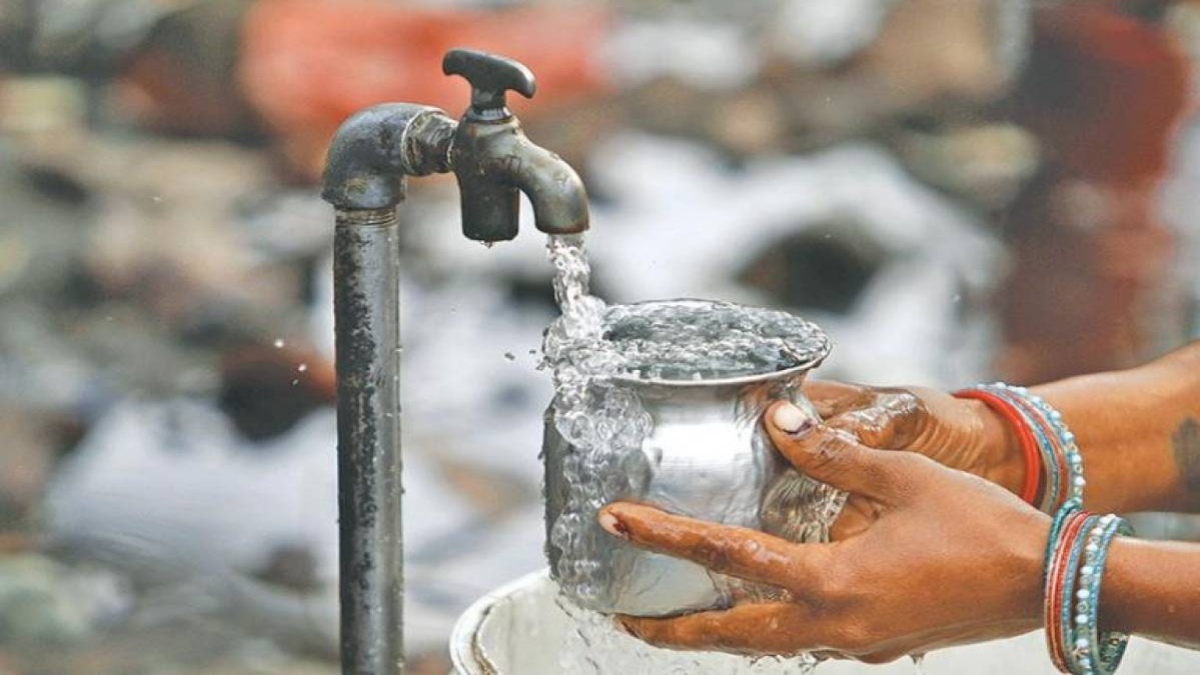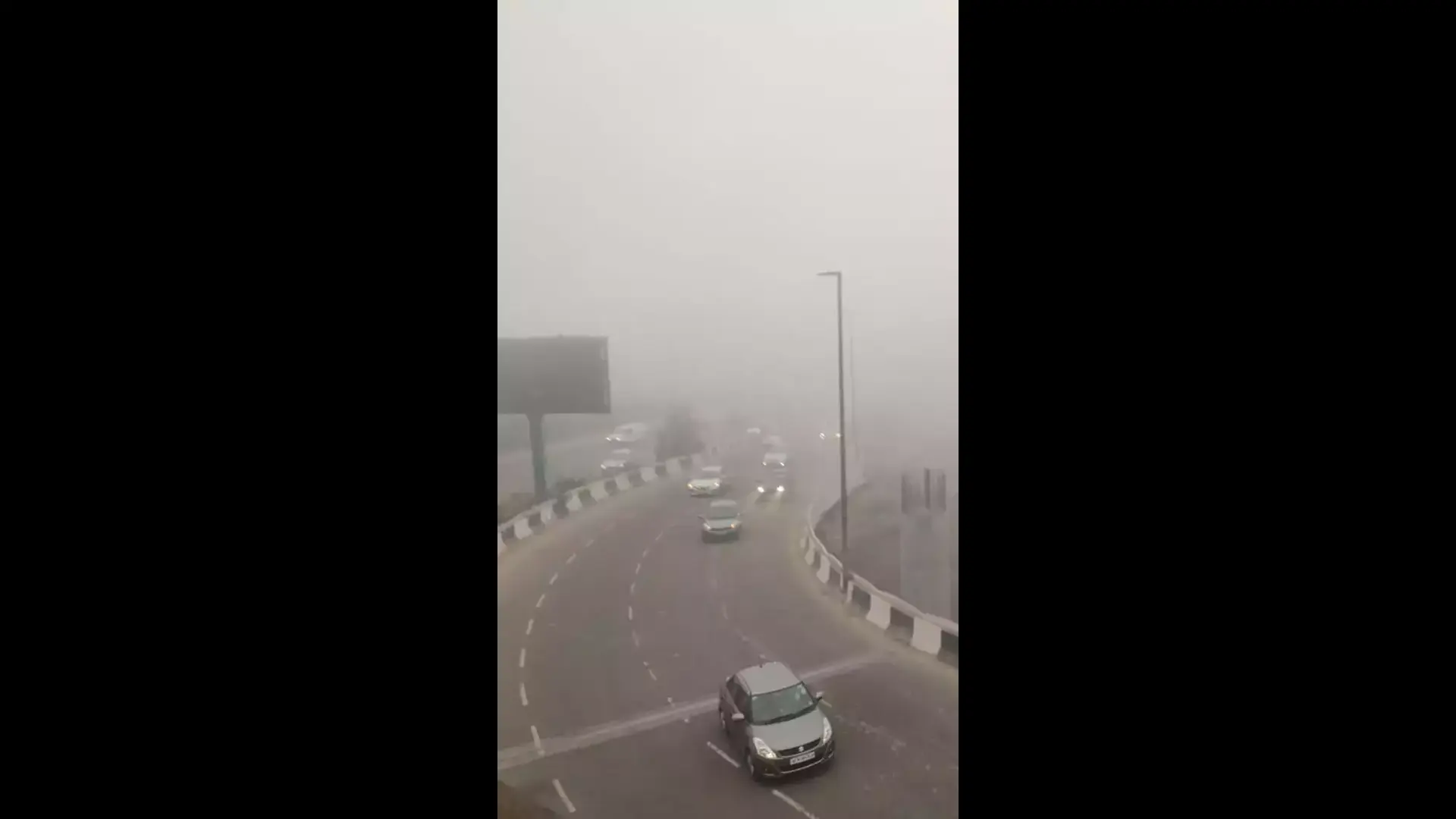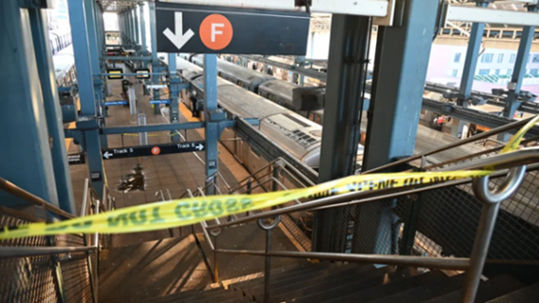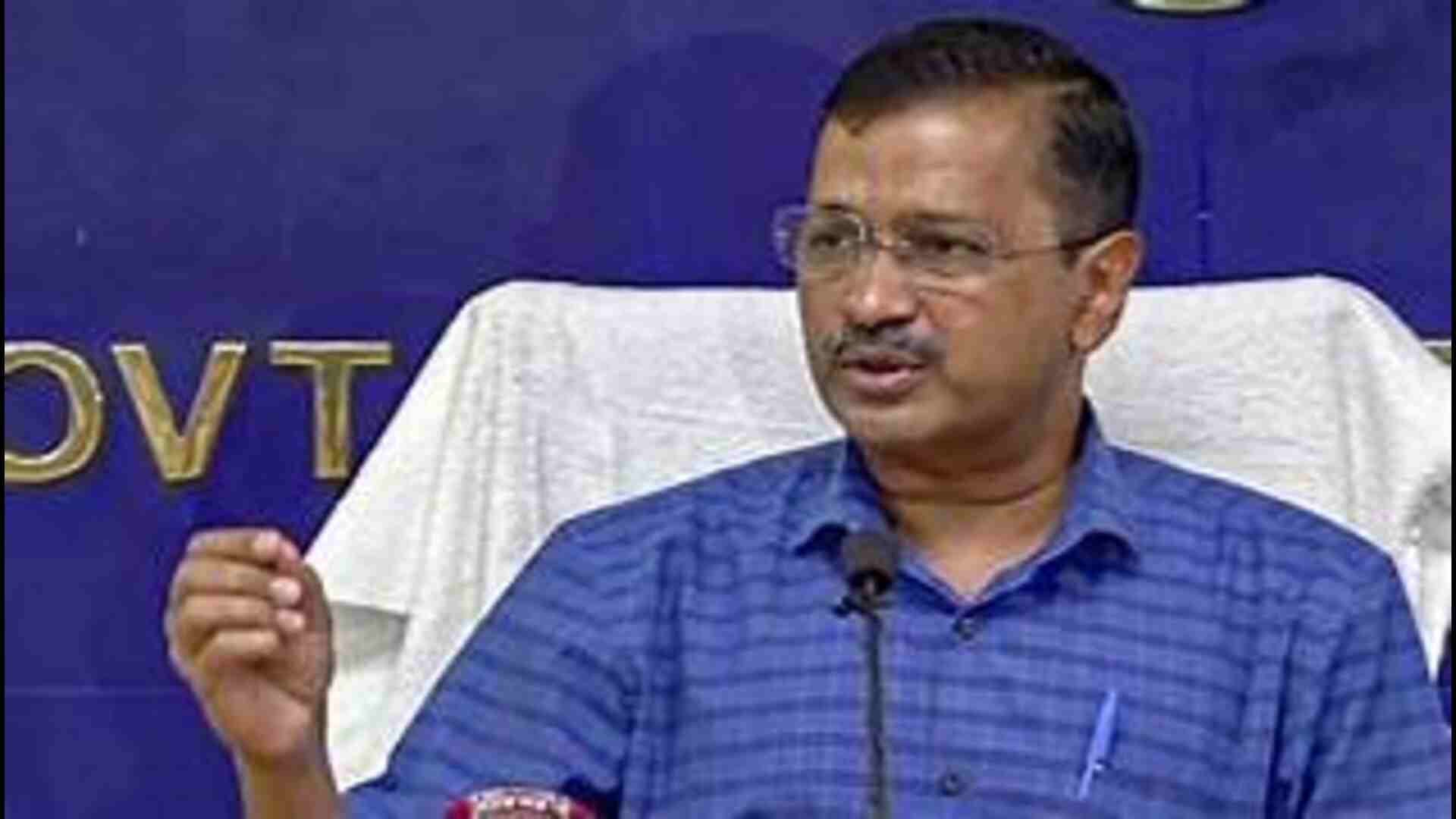Bengaluru is taking a stern stance on water wastage by implementing penalties amid a severe water shortage. The Bengaluru Water Supply and Sewerage Board made this decision to encourage responsible water usage during the crisis. The board emphasizes the economical use of drinking water and discourages its use for non-essential purposes like washing vehicles, construction, and entertainment activities, as well as in cinema halls and malls (excluding drinking purposes).
Violators will face a penalty of ₹5,000, with an additional ₹500 for repeated offenses, as determined by the board. Bengaluru, home to 1.3 crore residents, grapples with a daily water deficit exceeding 1,500 MLD (Million Liters Per Day) against its needs ranging between 2,600-2,800 MLD.
The water scarcity issue extends beyond Bengaluru, affecting parts of Tumakuru and Uttara Kannada districts, as identified by the revenue department. In the state of Karnataka, 236 taluks have been declared drought-hit, with 219 experiencing severe consequences. The government is exploring solutions, including utilizing recycled and treated water from residents’ associations.
Amidst the crisis, helplines and control rooms established by the government are overwhelmed, and efforts are underway to crack down on illegal water tanker operations. Additionally, the surge in tanker costs prompted the Bangalore City District Collector to set rates for 200 privately operated tankers for a four-month period.







